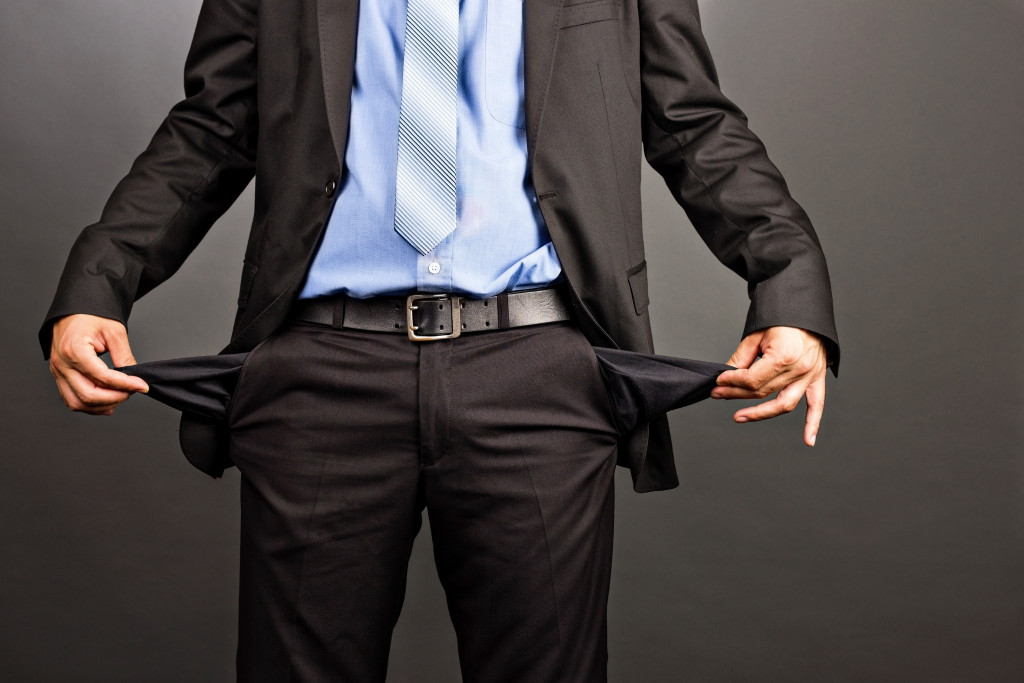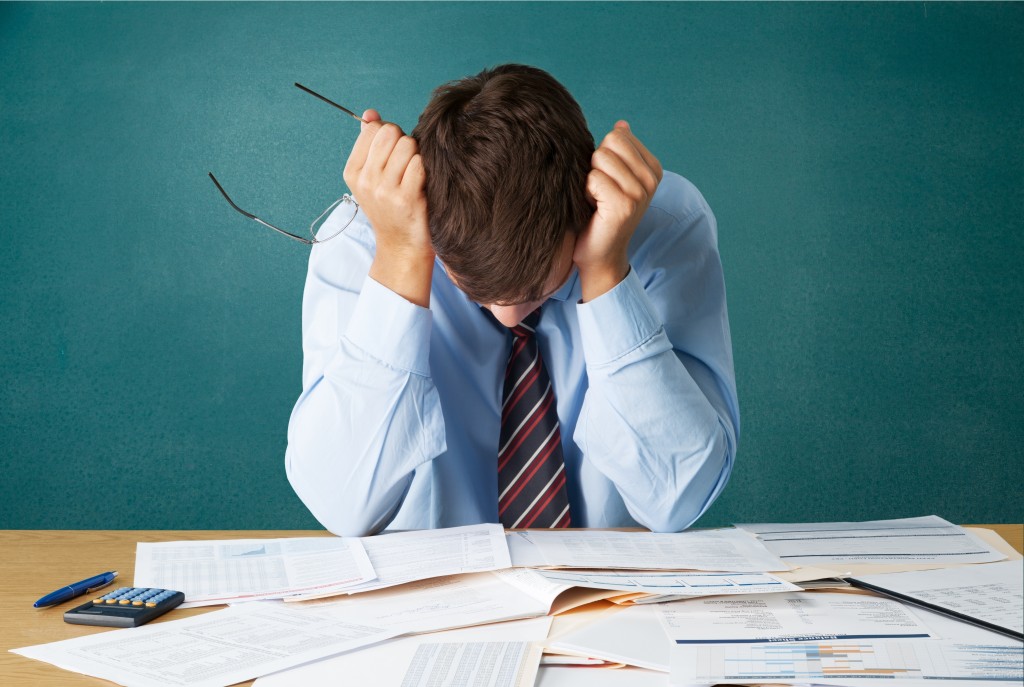Facing copious amounts of debt because of your failing business can be overwhelming. If you’re starting to notice the market conditions becoming worse or experiencing a lack of financing, it’s best to consider your options immediately. That’s because you can end up losing everything, including personal assets like savings, vehicles, or even your home when your company gets bombarded with too much debt.
Although bankruptcy can be scary, filing for it can help you protect yourself from losing everything. The type of bankruptcy you choose and your specific business structure can affect the results after filing. It can either lead you to your business debts getting dismissed with personal assets at risk or give your business another chance.
You can declare bankruptcy by filing a petition to your state’s federal bankruptcy court. However, the entire process can be tricky, so it’s best to hire reliable business litigation lawyers when considering bankruptcy. These professionals specialize in legal areas like corporate structure, helping you settle issues that may come with your business going bankrupt.
Below are the different bankruptcy options and how it affects various business owners.
Liquidation (Chapter 7)
When you can’t pay for your business’s debts, you may need to liquidate your company. Liquidation is when your business closes and divides its assets among the creditors. Chapter 7, bankruptcy follows this principle to handle failing businesses.
Effects of Chapter 7 to Sole Proprietors
If you’re declaring bankruptcy as a sole proprietor, it can help wipe off all your personal and business debts. Chapter 7 can cover debts, including loans, back rent, utility costs, credit card fees, or lawsuits. The downside with this bankruptcy option is that personal assets are at risk because sole proprietorships and their owners are different entities in the federal law’s eyes, making you responsible for your business debts.
Although some personal assets are exempt, items like your car and house can be seized and sold to pay off your business’s debt.
Effects of Chapter 7 to Partnerships and Corporations
Unlike a sole proprietorship, Chapter 7 does not wipe off the business debts of corporations or partnerships. That’s because partners in a partnership are the same legal entities under the law’s eyes, making them responsible for all business debts. Meanwhile, although corporations protect shareholders from becoming a liability for a business’s debt, they’re not always exempt.
Reorganization (Chapter 11)

If you think your business can still thrive, you can extend its life through reorganization. This bankruptcy option includes the restatement of a business’s debts and assets, making more affordable arrangements for companies while operating. Chapter 11, bankruptcy follows this principle to manage failing businesses.
Effects of Chapter 11 to Sole Proprietors
Chapter 11 enables a business owner to file for bankruptcy without having to close their business. It can help extend your debt’s due dates by reorganizing your agreements with your creditors, allowing you to make smaller payments every month. It’s best to file for Chapter 11 if you want your business to continue operation or not eligible for Chapter 7 bankruptcy.
Effects of Chapter 11 to Partnerships and Corporations
Partnerships and corporations undergo the same process sole proprietors go through when filing for Chapter 11 bankruptcy, allowing these enterprises to run their business while paying smaller amounts to their creditors. ;
Although filing for bankruptcy can help business owners cope with losses, it should be the last option that failing businesses choose. However, when things look dire, it’s best to consult with a reliable lawyer to help you decide which bankruptcy option works best for your situation.
